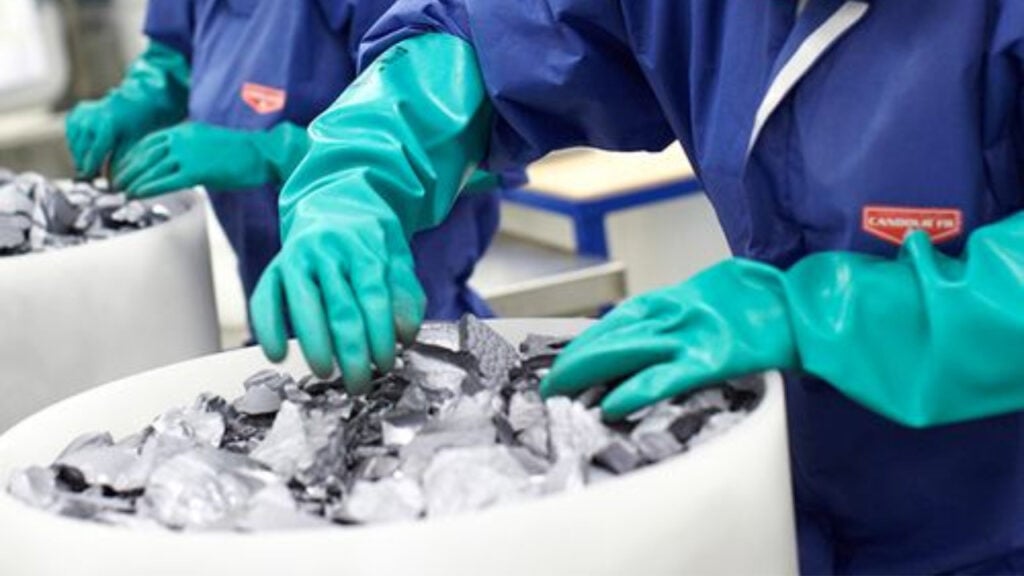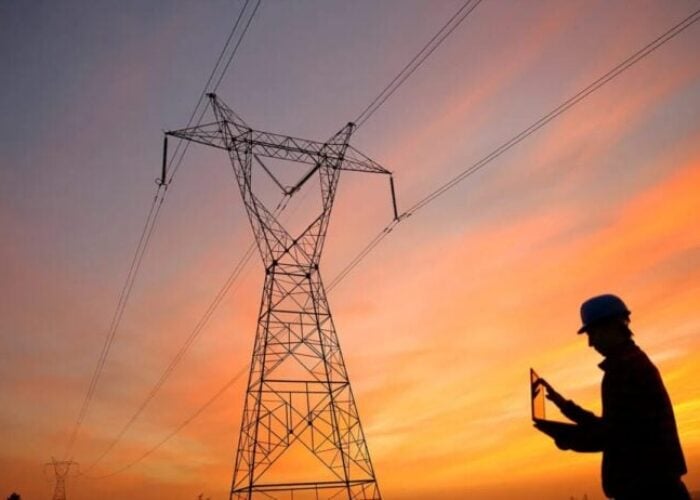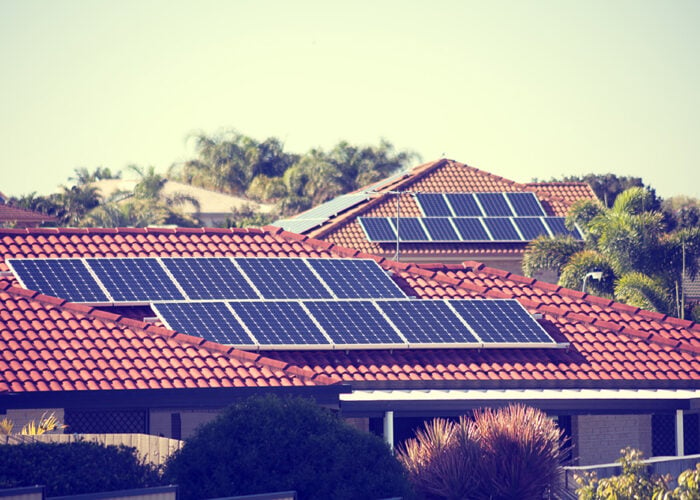
Norwegian ingot and wafer manufacturer NorSun will supply Heliene, a Canadian solar PV manufacturer, with US-made silicon wafers from 2026.
Formalised under a multi-year contract revealed on Thursday (15 August), the companies said the deal will “further increase the domestic content of its solar modules”.
Unlock unlimited access for 12 whole months of distinctive global analysis
Photovoltaics International is now included.
- Regular insight and analysis of the industry’s biggest developments
- In-depth interviews with the industry’s leading figures
- Unlimited digital access to the PV Tech Power journal catalogue
- Unlimited digital access to the Photovoltaics International journal catalogue
- Access to more than 1,000 technical papers
- Discounts on Solar Media’s portfolio of events, in-person and virtual
The silicon wafers will be sourced from NorSun’s recently announced US$620 million 5GW ingot and wafer manufacturing plant in the US state of Oklahoma, which is anticipated to be operational in 2026. Construction will begin later this year and the facility will cover 60 acres of land.
The wafers will be delivered to Heliene’s proposed 1GW solar cell production facility in Greater Minneapolis-St. Paul, Minnesota, which is being developed via a joint venture with Indian solar cell producer Premier Energie.
NorSun and Heliene said the new factories are expected to play a “significant role” in securing domestic content and energy independence in the US energy sector, supported by targets set under the Inflation Reduction Act (IRA). Earlier this year, PV Tech Premium delved into the first full year of the IRA and how credit transferability has been attracting new investors in upstream and downstream markets.
Both parties plan to begin construction on their respective plants later this year, pending final stakeholder approvals.
Erik Løkke-Øwre, CEO of NorSun, believes the contract will help deliver “premium solar modules to the US market” before calling for further policy measures to be undertaken to regulate the US market.
“NorSun and Heliene are both dedicated to developing low carbon, domestically produced solutions based on sustainable value chains free of forced labour. In the months leading up to final decisions at the end of 2024 it is now important that further policy measures are taken to regulate the US market to make sure the IRA program can take full effect,” Løkke-Øwre said.
Partnership to create ‘sustainable value chains’
The topic of forced labour in solar supply chains continues to be discussed across the US and international solar sectors. Indeed, the two companies stated that government policies must reflect the critical need for western solar wafer and cell production to level the economic playing field for “ethically and sustainably” produced solar products.
Moreover, the lack of US domestic cell capacity presents a problem around the looming antidumping and countervailing duty (AD/CVD) case against imported cells from Southeast Asia. If the investigation finds that Chinese companies in those regions are breaching trade terms, the price of cells will go up significantly and they will become less readily available. As such, domestically made solar modules could help bolster the US’ decarbonisation goals and enhance domestic manufacturing capabilities.
Martin Pochtaruk, CEO of Heliene, said the agreement will enable the company to “greatly expand the impact of a friend-shored supply chain”.
“We are incredibly proud to embark on this partnership and look forward to shaping the future of the domestic solar manufacturing landscape together,” Pochtaruk added.







